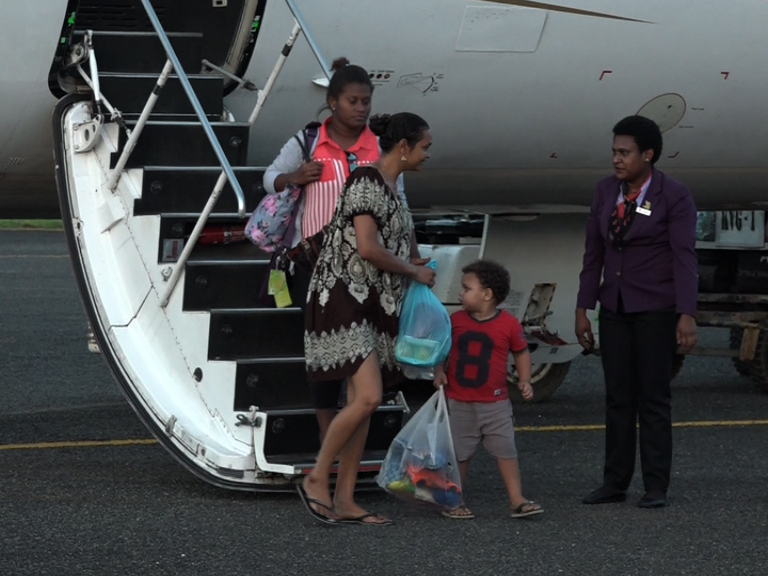The International Air Transport Association (IATA), Asia-Pacific Regional Director, Vinoop Goel, who recently attended the APEC Transport Meeting in Port Moresby said aviation accounts for two percent of global man-made emissions.
And IATA is responding to climate change by limiting emissions.
“We are working together with international agencies and other stakeholders to meet the goals of limiting emissions,” he told EMTV News.
The aviation industry is looking at emissions through the four pillars which includes;
- Technology having new more efficient airplanes
- Operations conducted in a more efficient manner like flying in a straight line and
- Infrastructure through better designed airports
- Market based measures.
“The net outcome of this has the COSIA scheme. It will come into effect in a phase approach. The first is voluntarily,” he said.
Papua New Guinea has volunteered to be part of the COSIA scheme with Air Niugini as an industry partner.
Chief Executive Officer, Simon Foo, said that it is all in the name of travel.
“We are required to report by 2018 and we have to start accumulating information. From Air Niugini’s perspective, this is because we still have older generation of aircrafts. We have to comply,” he said.
But according to Goel, aviation is a challenging business with fuel being a major component of an airlines cost.
“IATA is focusing on sustainable alternative fuels,” he said.


